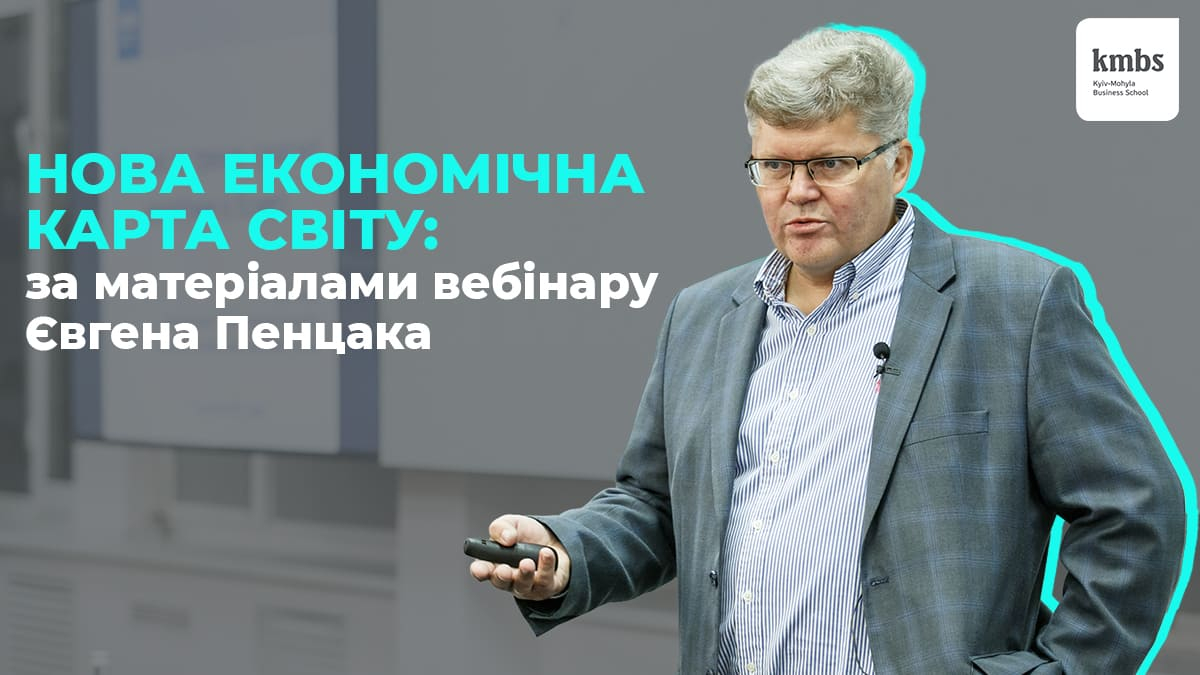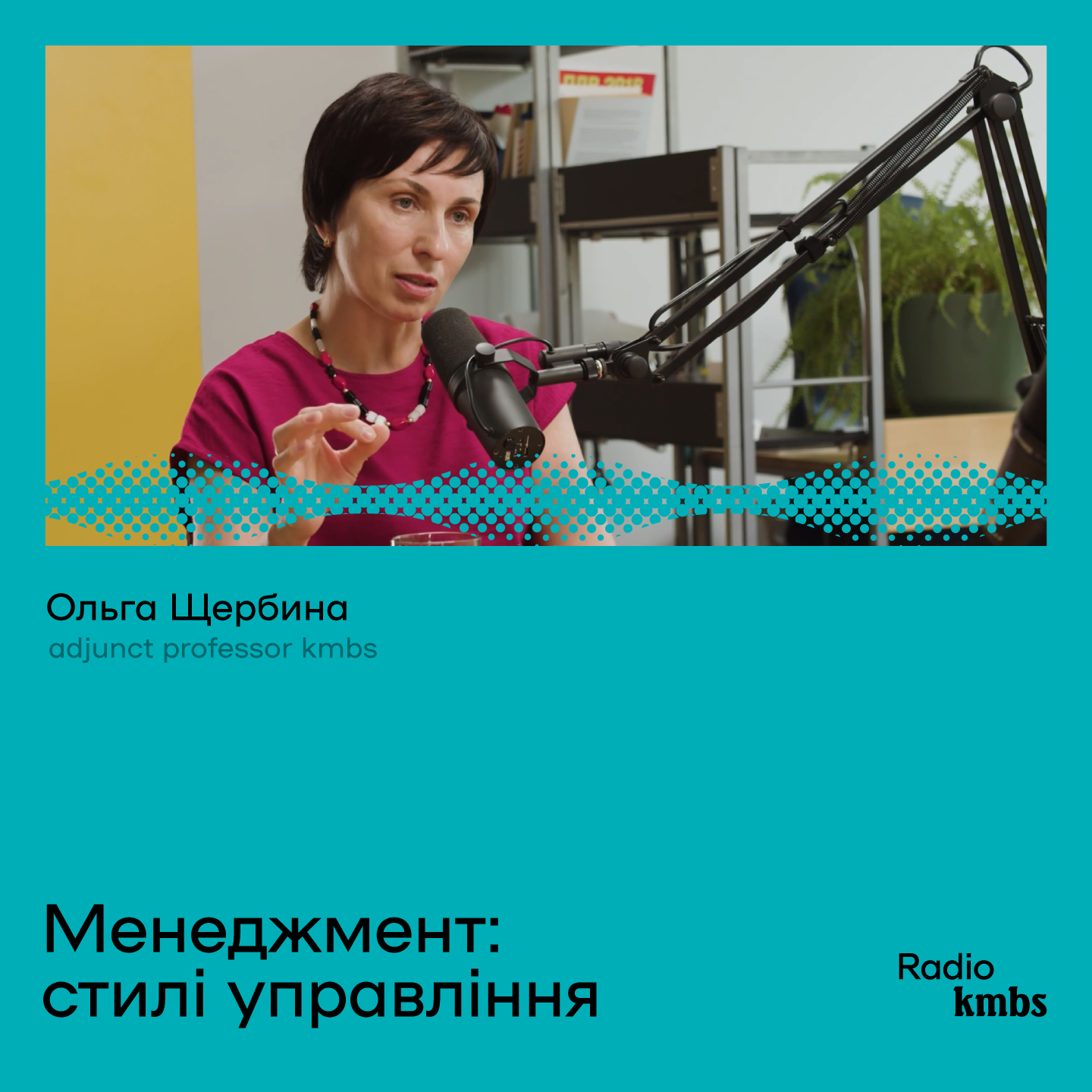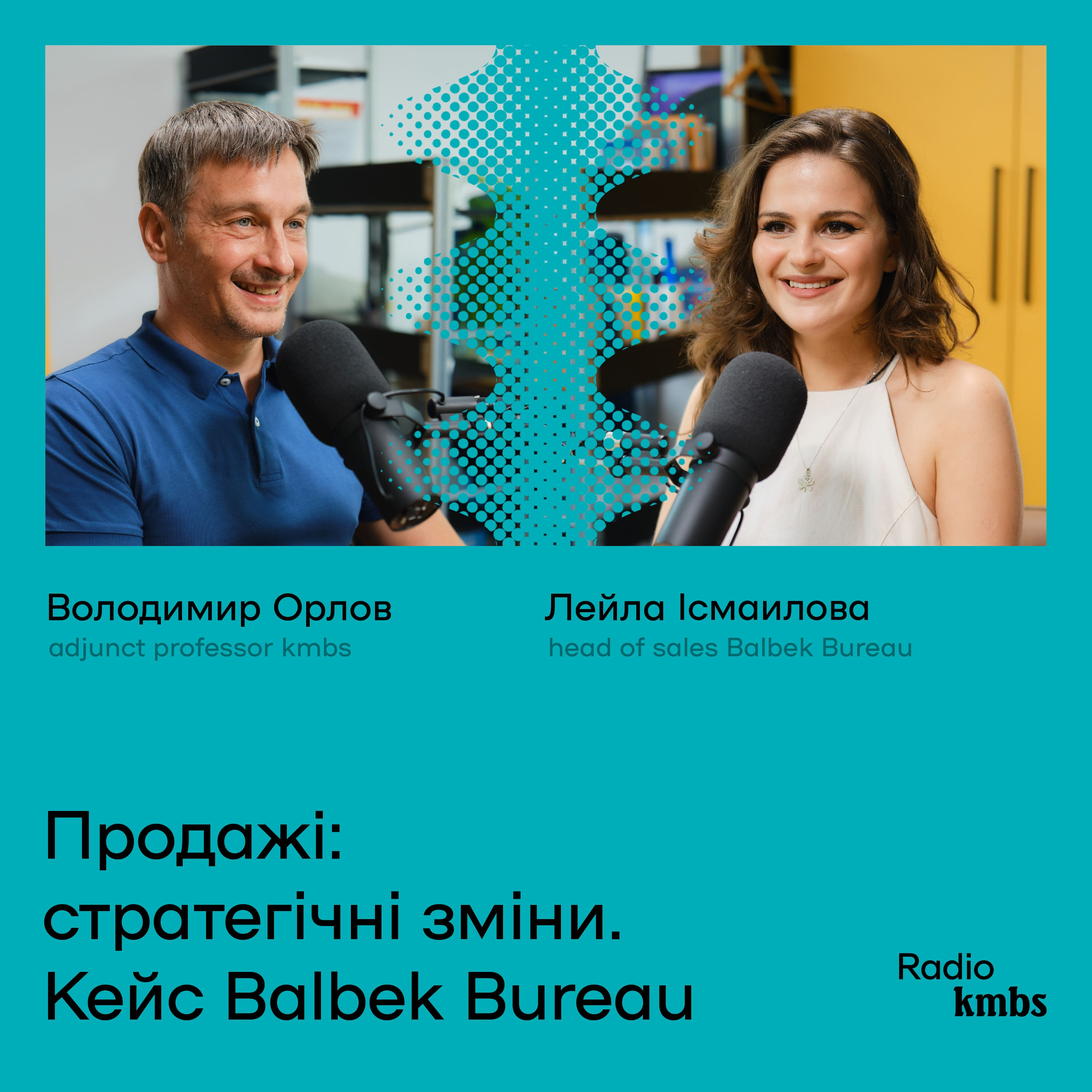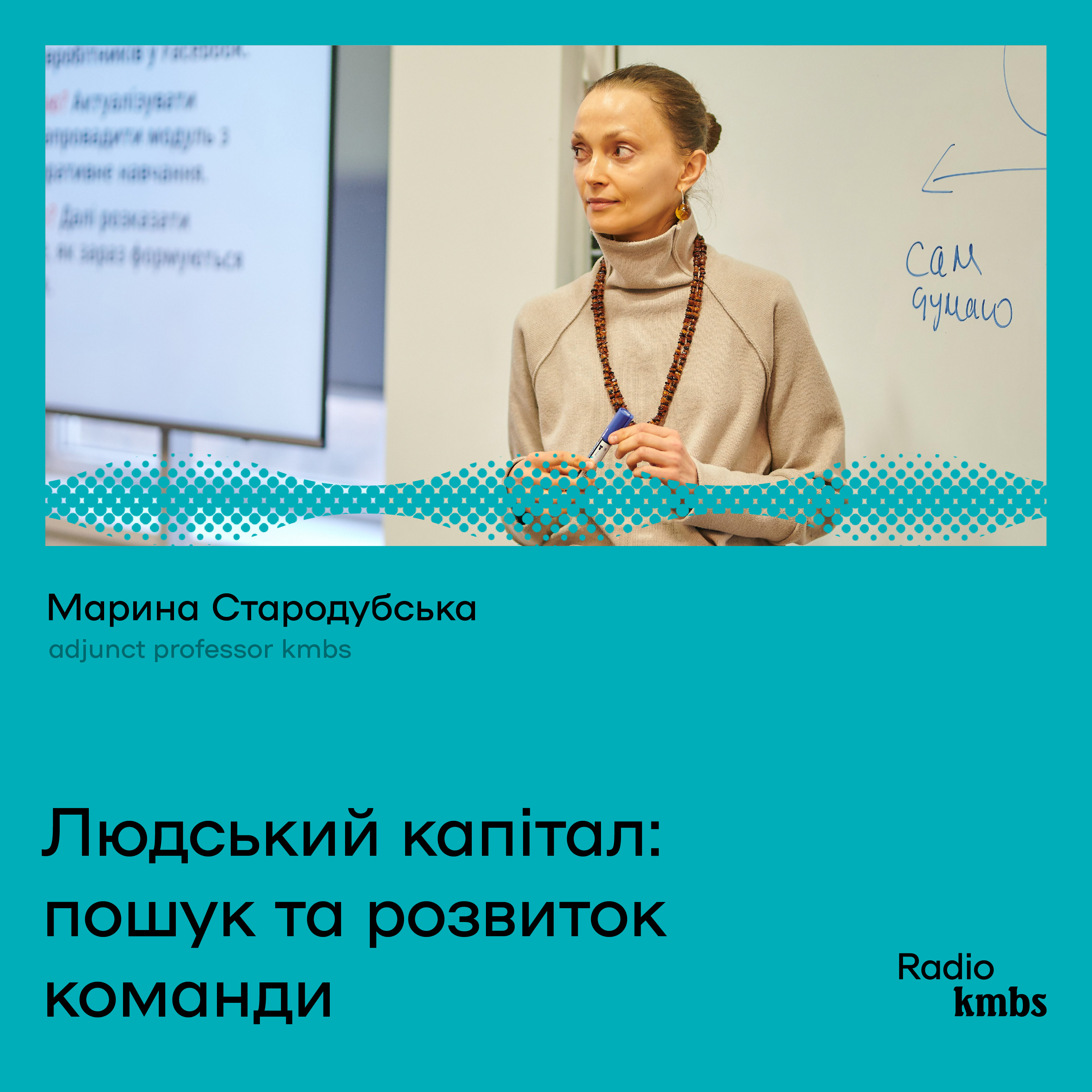Yevhen demonstrated how to model geopolitical phenomena, on the example of Russia's war with Ukraine. He also answered the participants' questions about the practical application of the obtained results. After all, the future is what worries us the most now.
New World Map is the title of a book by energy expert Daniel Ergin. As well as a general term that indicates the geopolitical dynamics of change in the modern world. The world is a complex multi-vector balancing system, and it can be considered a dynamic game. And in this global geopolitical game with incomplete and asymmetric information maps are hydrocarbon resources.
War, from the point of view of an analytical approach, is also a game or part of a game of rebuilding global systems and subsystems. However, the simulation of armed, antagonistic conflicts differs significantly from the simulation of economic conflicts. This was emphasized by Jack Hirshleifer, a theorist of bioeconomics and conflict theory.
Another interesting concept useful for analyzing the situation is a metaphor. By choosing a metaphor, we determine the distance from which we use tools to assess the geopolitical situation and the picture of the world and try to predict the next point of equilibrium.
For complex dynamical systems, it is important not only to find a solution (solution) but also to be able to assess the practical component and the reality of its implementation. After all, sometimes the solution can have the properties of chaos, which, although it can be modeled, can not be applied in practice. At least so far we do not have such tools.
Therefore, it is important to generate more practical ideas for geopolitical understanding — how the situation is developing. Western education is based on this approach. According to him, the problem can be understood only in the presence of a built model with a solution and interpretations of the obtained solutions.
Thus, when the model identifies elements of the global geopolitical game, the goals of players, and how to play (strategy), it is important to choose an approach to analyze a complex system. Yevhen noted that although he uses an economic approach, historical, evolutionary, investment, and technological approaches and their synthesis are also used to fully analyze a complex dynamic system.
An important step in modeling complex systems is the ability to find future equilibrium. Equilibrium is when none of the players can improve their condition if the other players maintain the status quo. With information asymmetry and a dynamic information field, players develop a concept of dynamic equilibrium that they need to be able to analyze and predict.
All these stages are elements of effective modeling of the behavior of complex systems. One of the most powerful tools is the Monte Carlo method, developed by Stanislav Ulam, a graduate of Lviv Polytechnic, a participant in the Manhattan Project, and one of the creators of the hydrogen bomb. The main goal of the method is to choose the best among all alternative solutions.
Returning to today's realities, there are now two global players in the world, which together produce 40% of world GDP and account for 50% of all military spending. This G2 (Group of Two) — China and the United States. And, sooner or later, these two tectonic plates must collide.
As for Ukraine, Yevhen believes that the world is ready to help rebuild the country, and for us, it will be a powerful window of opportunity. However, to make this a reality, our priorities must be the MIC, improving the efficiency of the agricultural sector, global leader in the IT outsourcing and IT development sectors for the MIC, investing and modernization the metallurgical sector to support the development of the MIC. And also — the organization of military defense of the state on the example of the best practices of Israel and Switzerland.
Here are the books that Yevhen mentioned during the webinar and that may be useful for understanding global processes:
- Vonnegut K. "All the Royal Cavalry"
- Dawkins R. The Illusion of God
- Ergin D. "A new map of the world. Energy, climate, conflicts»
- Ergin D. "The big jackpot. World history of the struggle for power, money, oil "
- Lem S. Works of different years
- Lo E. "Adaptive markets. Financial evolution at the speed of thought "
- Sapolsky R. "Biology of Behavior"
- Ulam Stanislav "Adventures of Mathematics"
- Qin Liu "The Problem of Three Bodies"
- Bernstein, Peter «Against the Gods»
- Hirshleifer, Jack «The dark side of the force: economic foundations of conflict theory»










